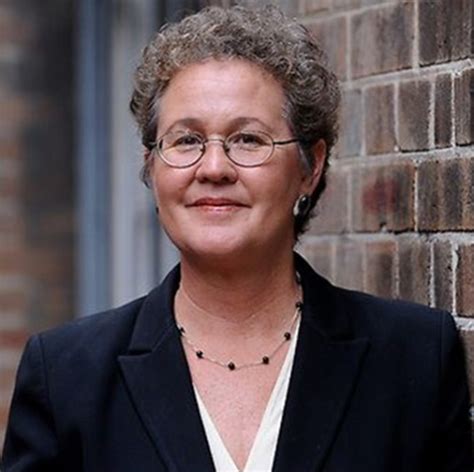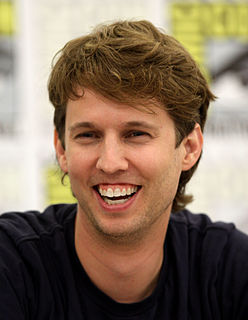A Quote by John C. Reilly
It's true that the skills required to be a conman are the same as those required for being an actor. Though those skills are in the service of something a bit more noble with acting, I hope.
Related Quotes
Business requires an unbelievable level of resilience inside you, the chokehold on the growth of your business is always the leader, it's always your psychology and your skills - 80% psychology, 20% skills. If you don't have the marketing skills, if you don't have the financial-intelligence skills, if you don't have the recruiting skills, it's really hard for you to lead somebody else if you don't have fundamentally those skills. And so my life is about teaching those skills and helping people change the psychology so that they live out of what's possible, instead of out of their fear.
Without question, students need to practice, review, and drill skills, but they should do so only in the spirit of working toward more complex mastery of those skills. Redundant drill of skills is inherently boring and insulting to the learner, and it is one of the most effective methods for turning students off to learning.
Directing is the best job going. I don't understand why everybody doesn't want to direct. It's an absolutely fascinating combination of skills required and puzzles set on every level - emotional and practical and technical. It calls up on such a wide variety of skills. I find it completely absorbing. I just love the whole process.
While most of today's jobs do not require great intelligence, they do require greater frustration tolerance, personal discipline,organization, management, and interpersonal skills than were required two decades and more ago. These are precisely the skills that many of the young people who are staying in school today, as opposed to two decades ago, lack.


































